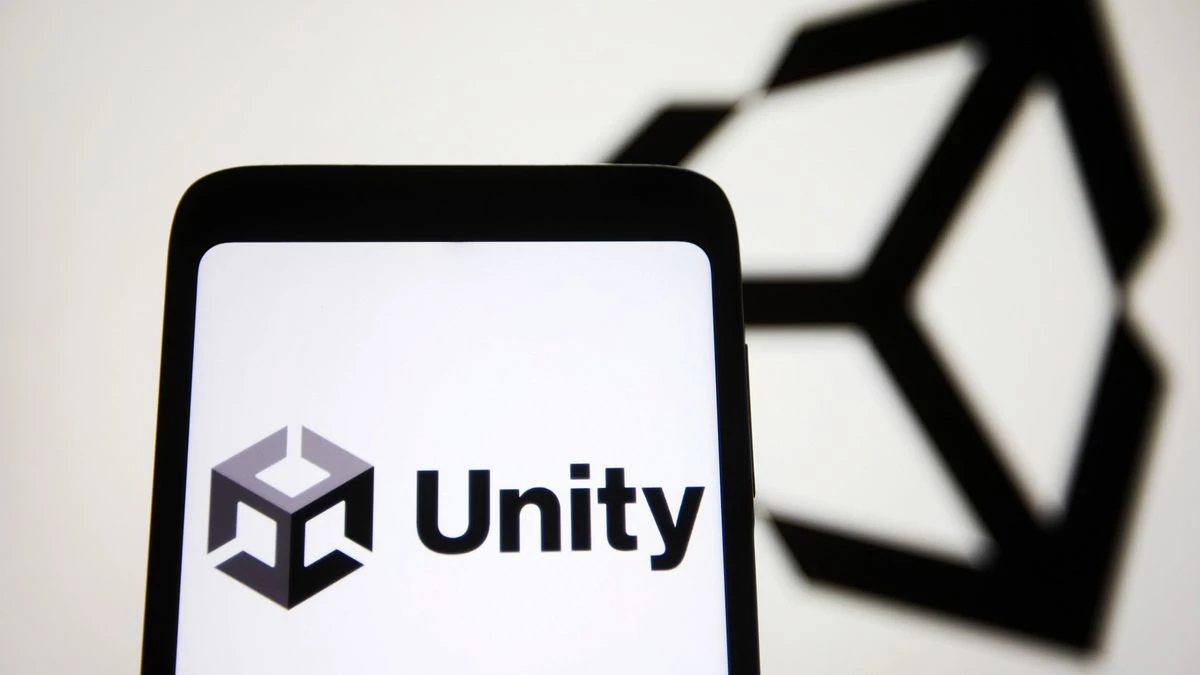Unity gets rid of 'Runtime Fees,' a year after it outraged developers, ruined its reputation, and said goodbye to its CEO.
Unity has decided to cancel the entire "Runtime Fees" pricing scheme, which was announced a year ago. The new scheme outraged a large part of the game developer community, ultimately leading to the resignation of John Riccitiello.
In today's announcement, CEO Matt Bromberg stated that "after deep consultation with our customers, partners, and community, we have made the decision to immediately cancel the Runtime Fee" for our games customers. This modification does not affect customers outside the gaming industry.
"I've had the opportunity to speak with many of you in the last three months. I've heard repeatedly that you want Unity to be strong, and that price increases are necessary to enable us to invest to move gaming forward. But these increases don't have to be in a new and controversial form. We want to provide value at a fair cost in a way that will make you feel comfortable with Unity as a partner for the long-term.
Unity will now only consider pricing changes on an annual basis. If the terms of usage change in future releases then users can continue to use their current version under the existing terms.
Bromberg's "novel and controversy" pricing scheme was a plan for 2023, described by Tactical Breach Wizards' Tom Francis as "an astonishing scumbag" move. It would charge developers a fee each time a game is installed after it has met minimum revenue and installation thresholds. This angered developers for several reasons: the financial hit and the potential for abuse was obvious, but for others the complete loss in truth that Unity arbitrarily imposed with the pricing changes was the biggest problem.
"Even if this was reversed 100%, the damage has been done." Dillon Rogers, a developer at Gloomwood, tweeted that you cannot trust a partner to change the deal once it is done. Landfall, the studio behind Totally Accurate battle Simulator, said that the change was made "without any opt-in or consent by developers" and represented "a huge breach in trust."
Unity apologized immediately and made changes to Runtime Fees that addressed the most common complaints. Riccitiello was fired a few weeks later. Unty laid off 1,800 employees in a "company re-set" not because of the Runtime Fee, but because the interim CEO decided to fire people to achieve "growth".
The controversy surrounding Unity was ugly, and although it has since cooled, Mega Crit confirmed in April this year that it had switched from Unity to the open-source engine Godot, and would not be going back. Bromberg's announcement is as much of a "mea culpa" as it is an announcement about a price change.
"We're confident we've barely touched the surface of what can be done together if we are good partners and deliver excellent software and services," he wrote. He was tacitly admitting that Unity wasn't being a good partnership when it launched the Runtime Fee Scheme.
Unity is still a popular engine despite the controversy. GDC's State of the Game Industry 2024 survey ranked it right up there with Unreal Engine. The initial reaction to the rollback has been mostly positive. Some on Twitter say it's a bit late, but others are wryly pointing out that it took an entire year of fumbling around to get to the beginning. That's the way business is done, I suppose.




Comments